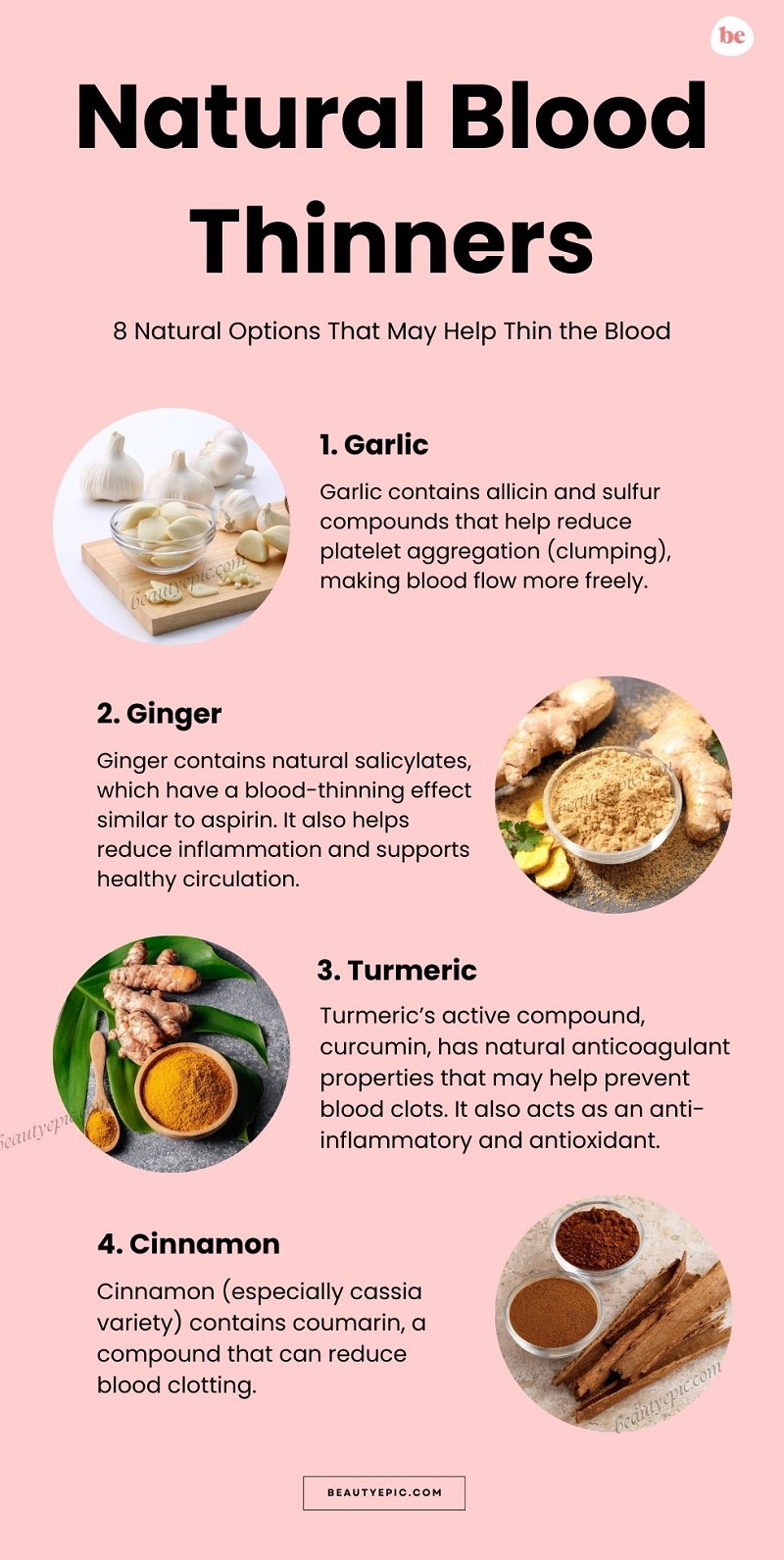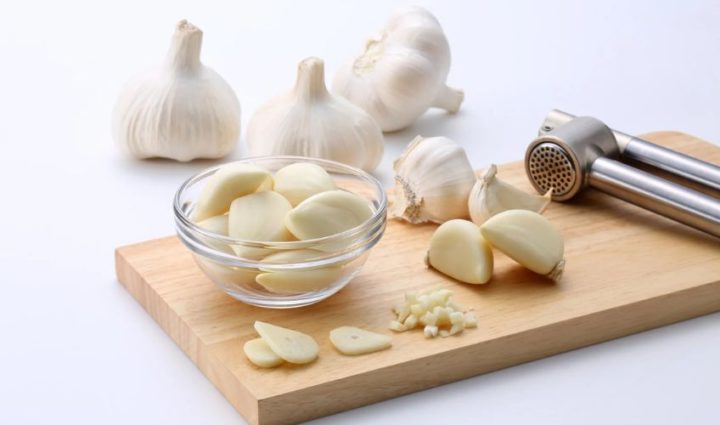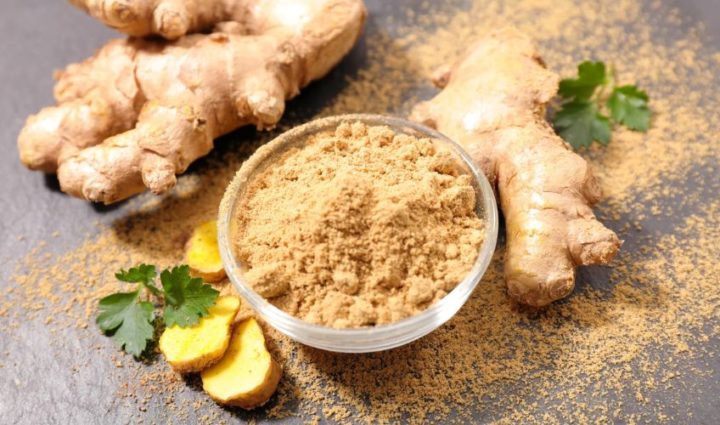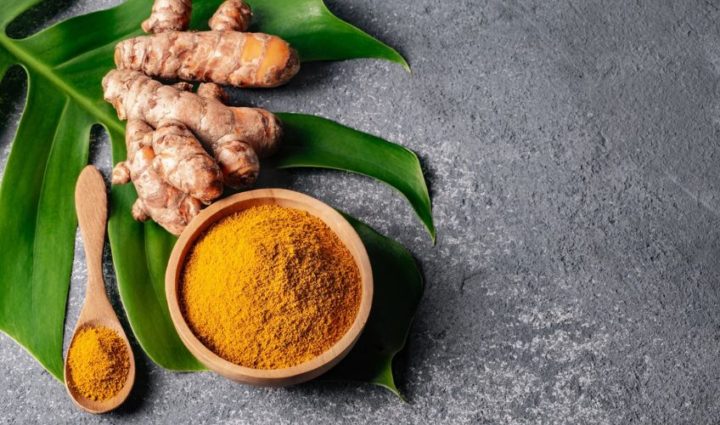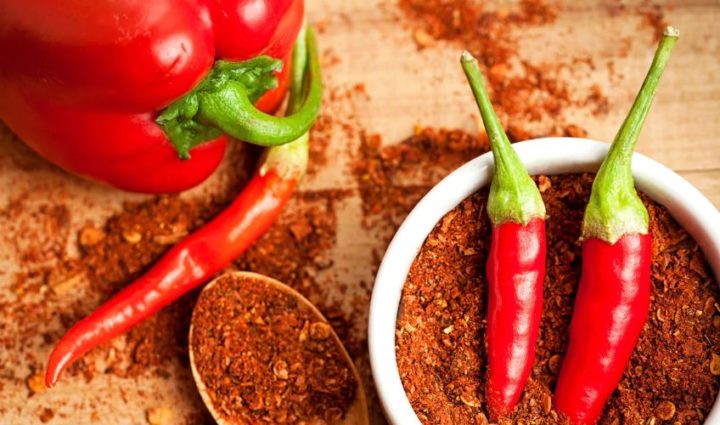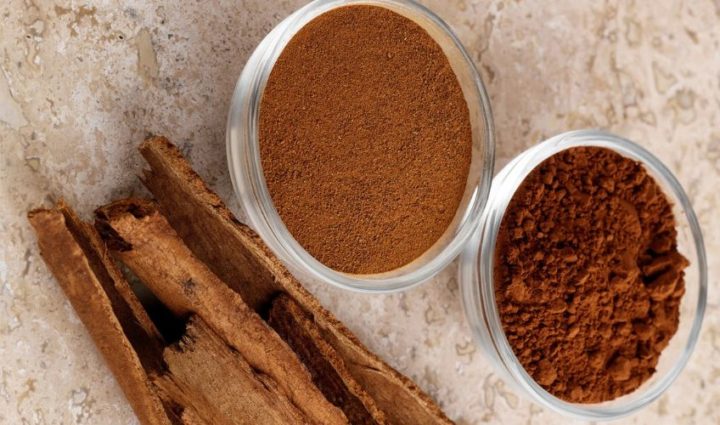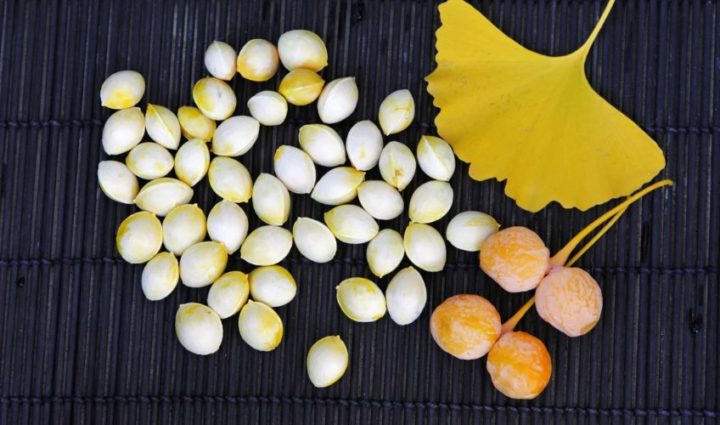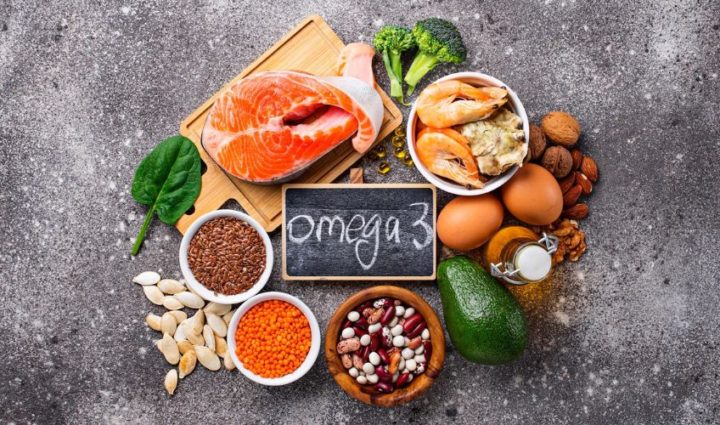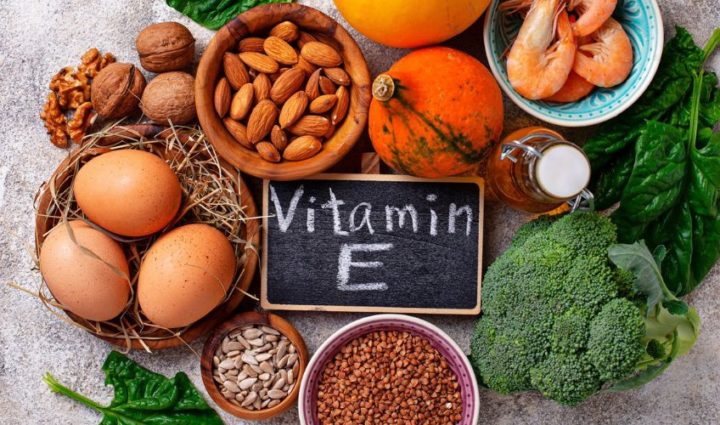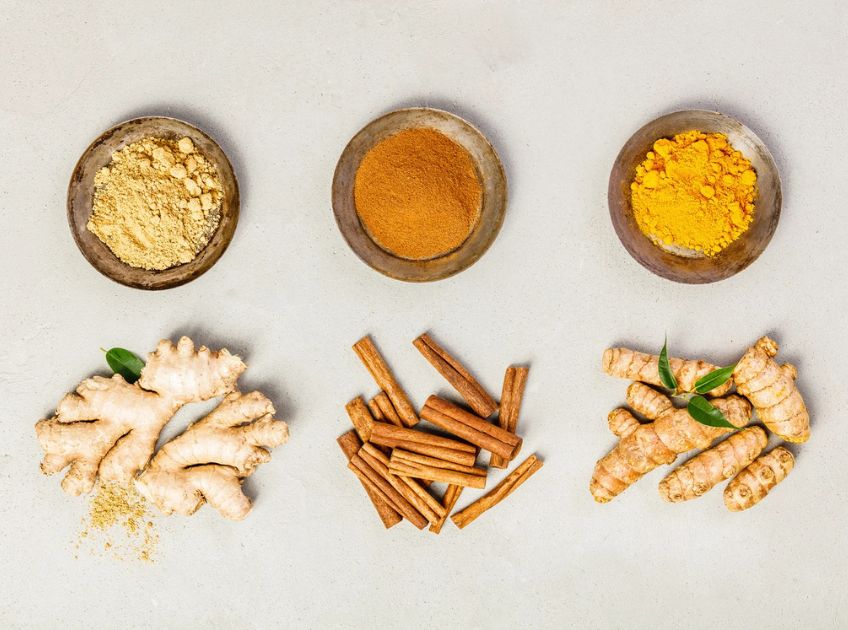
Important: This article is for informational purposes only. Please read our full disclaimer for more details.
Blood thinners are substances that help prevent blood clots, which can reduce the risk of heart attack, stroke, and certain circulatory conditions. While prescription anticoagulant medications like warfarin and heparin are essential for many people, some natural foods and herbs contain compounds that can support healthy blood flow.
It’s essential to note that these natural remedies are not a substitute for prescribed medication, but they may offer complementary benefits when used under medical guidance. In this article, we’ll explore eight natural blood thinners, their potential health effects, and what science says about their safety and effectiveness.
Article Contains
8 Natural Options That May Help Thin the Blood
1. Garlic
Garlic has been used for centuries in traditional medicine for heart health. The active compound allicin forms when garlic is crushed or chopped and has been shown to reduce platelet aggregation—the clumping of blood cells that can form clots. Garlic also supports cholesterol balance and reduces blood pressure, both of which indirectly benefit cardiovascular health.
A study published in the Journal of Nutrition (2006) found that regular garlic intake improved fibrinolysis, the body’s natural process of breaking down clots (1). However, consuming large doses or concentrated supplements may increase bleeding risk, especially before surgery or when combined with anticoagulant drugs.
2. Ginger
Ginger contains salicylates, plant-derived compounds similar to the active ingredient in aspirin. These compounds can reduce platelet stickiness, making blood less likely to clot. Additionally, ginger’s anti-inflammatory effects may help improve vascular function and circulation.
In a 2015 Thrombosis Research study, ginger extract demonstrated anticoagulant activity in lab tests, though researchers cautioned that results may vary in humans depending on dose and preparation (2). While adding ginger tea or fresh ginger to meals is generally safe, concentrated supplements should be used carefully under medical supervision.
3. Turmeric
Turmeric’s golden pigment comes from curcumin, a polyphenol with powerful anti-inflammatory and anticoagulant properties. Curcumin inhibits several clot-promoting factors in the blood, such as thromboxane, which reduces platelet aggregation.
A 2007 review in Advances in Experimental Medicine and Biology concluded that curcumin could help prevent clots while also protecting blood vessels from oxidative damage (3). Turmeric can be consumed as a spice, in teas, or as a supplement. However, excessive intake may increase bleeding risk, especially for individuals taking warfarin or aspirin.
4. Cayenne Pepper
Cayenne pepper is rich in capsaicin and natural salicylates, both of which promote better circulation and may help prevent clot formation. Capsaicin has also been shown to support vascular elasticity, which keeps blood vessels healthy.
Animal studies suggest cayenne may reduce platelet aggregation, though large-scale human trials are still lacking. It’s typically safe in food amounts, but concentrated cayenne capsules may cause gastrointestinal irritation and increase bleeding risk when paired with medications.
5. Cinnamon
Cinnamon, particularly the cassia variety, contains coumarin, a natural compound with anticoagulant properties. Coumarin acts similarly to prescription blood thinners by slowing down clotting factors in the blood.
However, coumarin can be toxic to the liver if consumed in large amounts. A 2010 review in Phytotherapy Research highlighted both the benefits and risks, emphasizing that moderation is key. True Ceylon cinnamon contains much less coumarin and is generally considered safer for regular use (4).
6. Ginkgo Biloba
Ginkgo biloba, a traditional Chinese herb, is widely known for its effects on circulation and brain health. Its active compounds, flavonoids and terpenoids, may reduce platelet stickiness and increase blood flow, especially to the brain.
A Cochrane Review (2009) analyzed studies on ginkgo and found moderate evidence supporting its ability to improve peripheral circulation and reduce symptoms of poor blood flow (5). However, it may interact with blood-thinning medications and increase bleeding risk, so it should only be used under supervision.
7. Omega-3 Fatty Acids
Omega-3s, found in fatty fish like salmon, mackerel, sardines, and anchovies, as well as flaxseeds and chia seeds, are well-studied for their cardiovascular benefits. These fatty acids reduce triglycerides, improve cholesterol balance, and reduce platelet aggregation.
A 2013 review in Circulation confirmed that omega-3 supplementation decreased clot formation and supported vascular health (6). Unlike some herbal remedies, omega-3s are well-tolerated when consumed in food amounts, but high-dose supplements can increase bleeding risk—particularly in combination with aspirin or anticoagulants.
8. Vitamin E
Vitamin E is a fat-soluble antioxidant found in foods like almonds, sunflower seeds, spinach, and avocado. It has natural anticoagulant effects because it reduces platelet aggregation and enhances blood vessel flexibility.
A 1991 study in Thrombosis and Haemostasis found that vitamin E supplementation lowered clotting activity, particularly in individuals with cardiovascular risk (7). However, taking very high doses of vitamin E supplements can increase the risk of hemorrhage, so moderation is important.
Frequently Asked Questions (FAQ’S)
1. Can I replace my prescribed blood thinner with natural remedies?
A. No. Natural remedies may support circulation, but cannot replace medical anticoagulants prescribed by a doctor.
2. Are there risks to taking natural blood thinners?
A. Yes. Overuse or combining them with prescribed blood thinners may increase the risk of excessive bleeding.
3. Who should avoid natural blood thinners?
A. People scheduled for surgery, those with bleeding disorders, or individuals already on anticoagulant medications should avoid these remedies unless approved by a healthcare provider.
Garlic, ginger, turmeric, and other natural foods may provide gentle blood-thinning effects and support cardiovascular health. However, these should be considered as complementary rather than primary treatments. If you are at risk of blood clots or are on prescribed blood thinners, always seek medical advice before adding these natural remedies to your daily routine.
